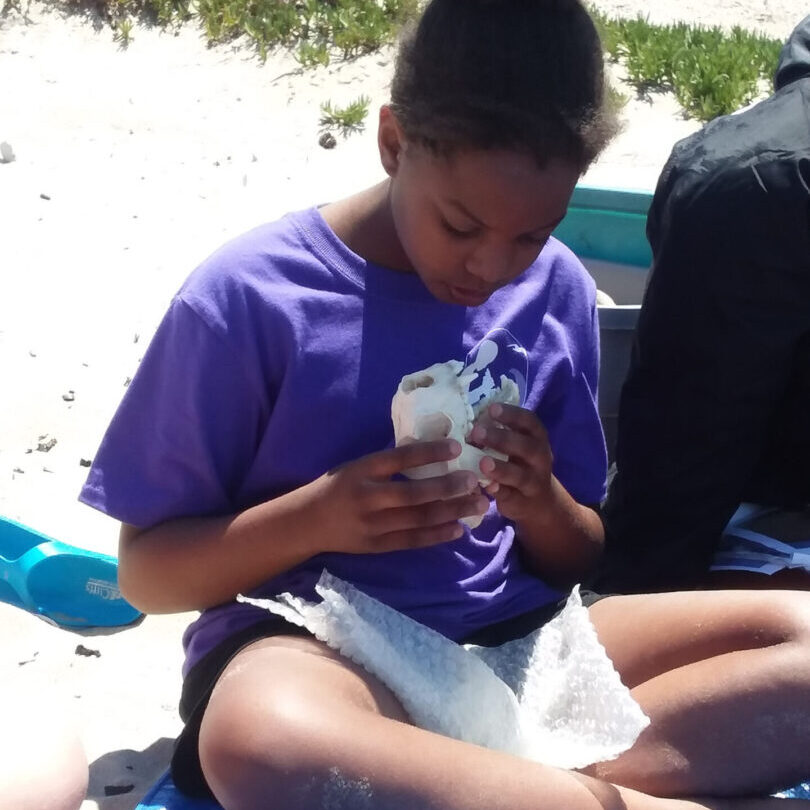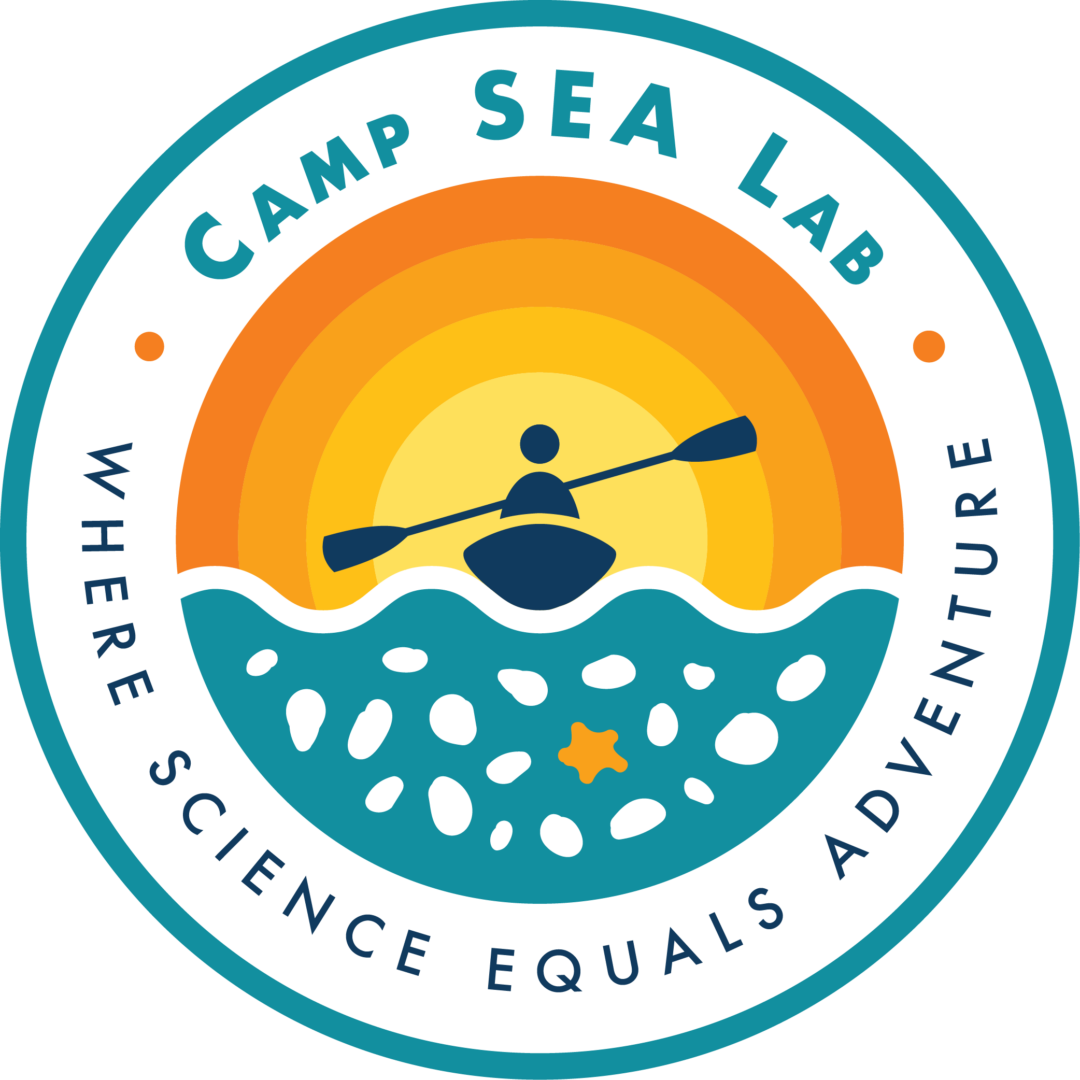
Day Outdoor School Programs
- Grades 3–8
- Times: 9 a.m.–3 p.m.
- Locations:
- Asilomar, Pacific Grove
- Elkhorn Slough National Estuarine Reserve
- Hands-on inquiry-based activities dependent on location, timing, tides, and teacher choice: tidepooling, sandy beach explorations, marine mammal studies, sand crab monitoring, plankton studies, nature hikes
- Cost: please call to find out current cost per class
- Schools arrange transportation, chaperones (1 per ten students and 1 teacher per 30 students), and lunches
- To schedule a program, please complete the online School Program Request

Locations Offered
Asilomar Beach (Pacific Grove)
Meet us at Asilomar Beach, near the Asilomar Conference grounds for a day full of coastal activities. Activity options at this location include:
- Beach Exploration: Students learn about the function and importance of coastal ecosystems in a beach walk. Topics include kelp adaptations, marine mammal and coastal bird life, tides, and wave action.
- Marine Mammals: Using our marine mammals artifact collection, we address variations in tooth and pelt types that favor different habitats and feeding styles. Activities highlight seal and otter adaptations.
- Sand Crab Monitoring: Students learn scientific method, specimen collection, and data evaluation practices in our monitoring program, evaluating native sand crab populations. This is a tide-dependent activity.
- Sandy Beach Studies: Students explore the sandy beach ecosystem and study sand! We’ll use field microscopes and hand lenses to evaluate beach types based on the features of the sands found there.
- Tidepool Exploration: Our staff will focus lessons on intertidal survival adaptations while maintaining safety and good conservation practice during guided tidepool explorations. This is a tide-dependent activity.
Elkhorn Slough National Estuarine Research Reserve (Watsonville)
Meet us at the Elkhorn Slough National Estuarine Research Reserve in Watsonville for a day full of wildlife exploration. This beautiful estuary is home to many marine mammals, fish, native plants, and birds. Activity options at this site include:
- Watershed Hike: Students explore the visitor center, take a walk through the reserve, and engage in activities to learn about the function of watersheds and how humans impact coastal waterways.
- Watershed Model: Students design and build their own model of a watershed, exploring the intricate connections between land and sea. While testing their models, students evaluate the simulated effects of various human impacts on their models and propose solutions to common issues threatening numerous California Watersheds.
- Plankton Studies: Students discuss the importance of plankton and use the microscope lab to investigate a local plankton sample. Students also learn about plankton adaptations in a hands-on “Plankton Race.”
There are many rich learning opportunities around Monterey Bay. If you have specific day program needs that aren’t met by the options offered above, let us know. We are able to work in many locations and have activities that address many more science themes and standards.
